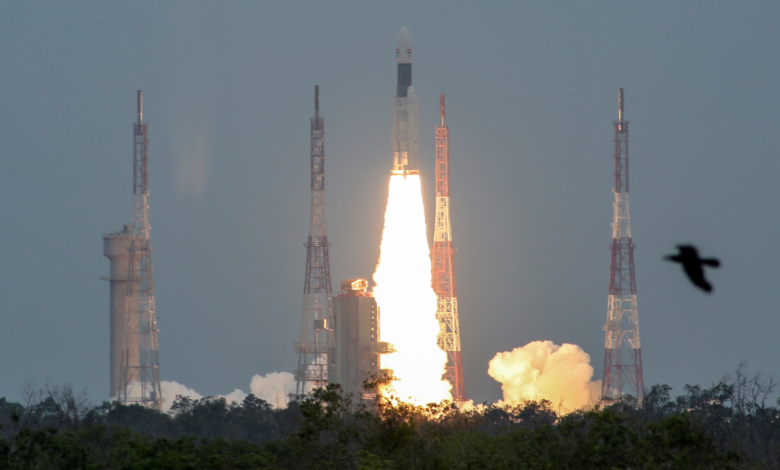Boosting Innovation: Anticipated Funding for Startups in India’s Space Sector – Budget 2024 News

India’s space sector is poised for a significant boost as the government plans to increase funding to support startups and foster innovation. This move comes at a crucial time when global interest in space technology is growing, and India is emerging as a key player in the field. The awaited budget allocations are expected to provide the necessary financial backing to startups, encouraging private sector participation and driving advancements in space technology.
Government Initiatives to Support Space Startups
The Indian government has been proactive in promoting the space sector, recognizing its potential to drive economic growth and technological advancement. Key initiatives include the establishment of the Indian National Space Promotion and Authorization Center (IN-SPACe), which aims to facilitate private sector participation in space activities. IN-SPACe acts as a bridge between the Indian Space Research Organisation (ISRO) and private companies, ensuring a smooth collaboration and providing a supportive regulatory framework.
Additionally, the government has introduced the Space Activities Bill, which outlines the legal framework for private sector involvement in space activities. This bill aims to create a conducive environment for startups by providing clear guidelines and reducing bureaucratic hurdles.
Increased Budget Allocations
The anticipated increase in budget allocations for the space sector is expected to play a pivotal role in supporting startups. The government recognizes that financial backing is crucial for the growth and success of space tech startups, which often require substantial investments for research, development, and testing.
One of the key areas of focus is the provision of grants and subsidies to startups. These grants will help startups cover initial costs, conduct feasibility studies, and develop prototypes. By reducing the financial burden, the government aims to encourage more entrepreneurs to enter the space sector and pursue innovative ideas.
In addition to grants, the government plans to establish dedicated funds to support space tech startups. These funds will be managed by specialized agencies and will provide seed funding, venture capital, and other forms of financial assistance. The goal is to create a robust ecosystem where startups can access the necessary resources to scale their operations and bring their innovations to market.
Encouraging Private Sector Participation
The Indian government is keen on fostering private sector participation in the space sector, recognizing the potential for collaboration and innovation. To achieve this, several investment plans and incentives have been introduced to attract private companies and investors.
One of the significant steps is the introduction of public-private partnerships (PPPs) in space projects. By involving private companies in government-led space missions, the government aims to leverage the expertise and resources of the private sector. This collaboration will not only accelerate the pace of innovation but also reduce the financial burden on the government.
Moreover, the government is offering tax incentives and subsidies to private companies investing in space technology. These incentives aim to reduce the risk associated with space projects and make them more attractive to investors. By creating a favorable investment climate, the government hopes to attract both domestic and international investors to support space tech startups.
Fostering Innovation
Innovation is at the core of the anticipated funding for startups in India’s space sector. The government recognizes that technological advancements are crucial for the country to remain competitive in the global space industry. To foster innovation, several measures have been put in place.
Firstly, the government is encouraging collaboration between startups and research institutions. By facilitating partnerships between startups and academic institutions, the government aims to promote knowledge exchange and leverage the expertise of researchers. This collaboration will enable startups to access cutting-edge technology and benefit from the research capabilities of academic institutions.
Secondly, the government is investing in the development of space technology parks and innovation hubs. These dedicated spaces will provide startups with the necessary infrastructure, resources, and support to develop and test their innovations. By creating a conducive environment for research and development, the government aims to accelerate the pace of technological advancements in the space sector.










